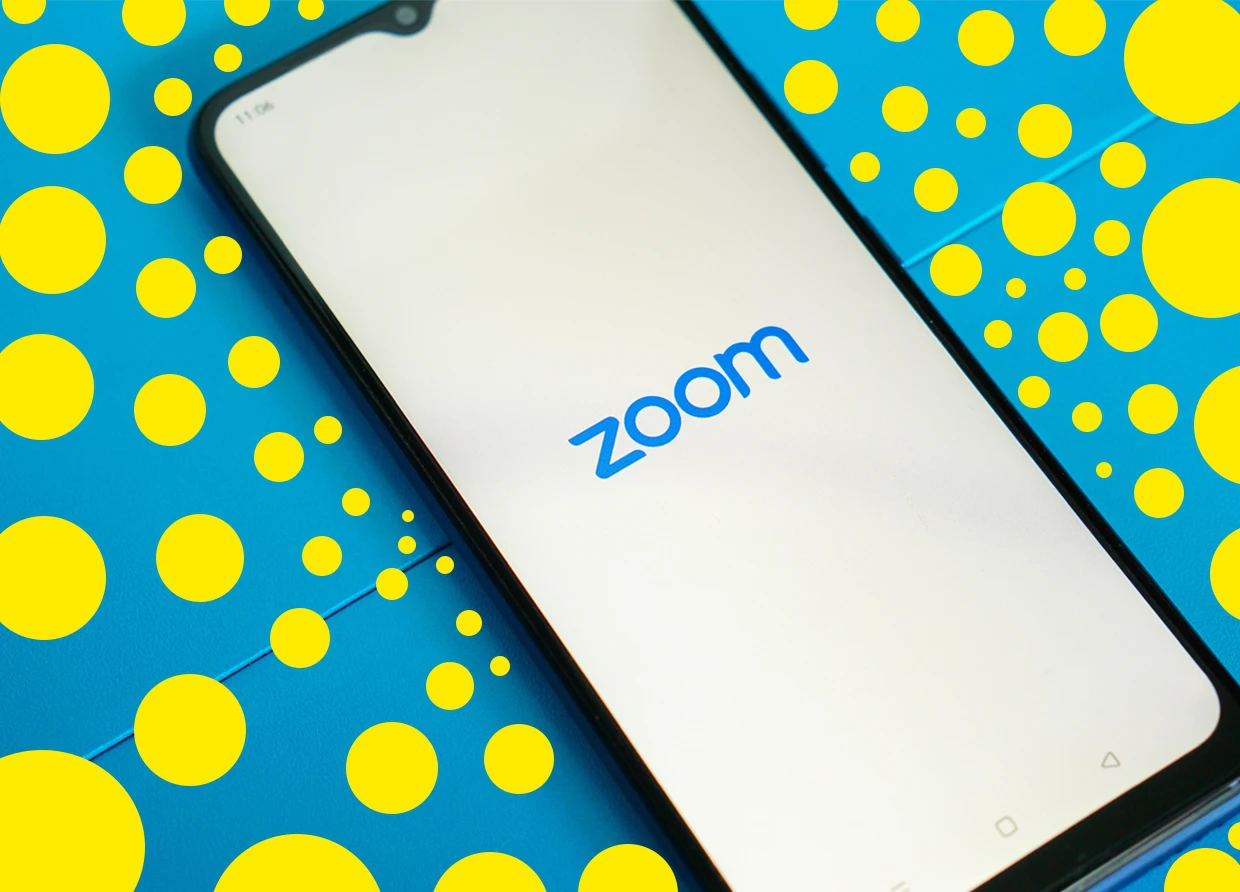THE FUTURE OF WORK AFTER THE PANDEMIC
Is hybrid work become the only option?

As the impact of the COVID-19 pandemic gradually disappears, the next question: what is the next stage of the workplace will be? This big question is especially pointing for people who work at companies based in traditional offices.
A new habit like virtual meeting, which don't care whether you like it or not, seems to stick with us to stay. It's like an unwanted way that is literally changing us, from something unusual to be completely mainstream, and the remote working has created habits that we're not going to be able to simply walk away from. It means that the number and length of virtual meetings will likely decline as time goes by, but they aren't going to 100% disappear.
Zoom, one of the providers of the online meeting, which is appearing in the early days of the pandemic, was quite horrendous and all professional workers seem to use it as a medium to make coordination, makes a statement that flexibility remains a top priority for many employees. According to their research, only 1% expressed wanting to work full-time in the office. Over half preferred to be hybrid, a quarter wanted to work full-time from home, and the rest were mostly full-time remote already.
What is the next phase of work?
We have already written about the prediction of hybrid work as the option of future work. The major advantage of hybrid structure is the increased efficiency. This structure makes sure that the right quantity of work is assigned at the right time to the right professionals, thus making the optimum use of resources and preventing waste. This structure works very well even when the resources are scarce. As the specialised staffs are readily available, projects are launched quickly, thus increasing the efficiency of the organization.

However, the major disadvantage of hybrid structure is the chance of having conflicts between corporate departments and divisions. There could be dilemmas among project managers and department managers regarding deadlines and resources. Many employees become very much confused about the line of authority. There can also be confusion regarding the roles and responsibilities of each employee.
Waste of time and effort come into picture in case of hybrid organisations. To resolve the conflicts that happen between divisions and corporate departments, time and effort get wasted in the form of meetings. Meetings are also required for better utilisation and coordination of staff in case of two or three concurrent projects.
Trust plays role in the future of work
Any decision that management make into one goal, to maintain a mutual sense of trust between leadership and employees, as higher trust leads to a happier and more productive workforce. Employees doing their jobs from home over two years are successfully is an achievement that needs to be appreciated in their approach moving forward. Establishing mutual trust is the only way we will determine the best approach for our workforce at the future.
How automation and technology are affecting work
McKinsey says that new technologies have the potential to upend much of what we know about the way people work. But disruption is an opportunity as well as a challenge—given the promise of digital talent platforms and new options for independent work, for example.

Technological change has reshaped the workplace continually over the past two centuries since the Industrial Revolution, but the speed with which automation technologies are developing today, and the scale at which they could disrupt the world of work, are largely without precedent.
Finally, regulatory and social issues, such as the degree to which machines are acceptable in any particular setting, must also be weighed. It is for these various reasons that go beyond the purely technical feasibility of automation that our estimates for “whole-job” automation are lower than other estimates.
#THE S MEDIA #Media Milenial #future work after pandemic #hybrid work #remote work



























